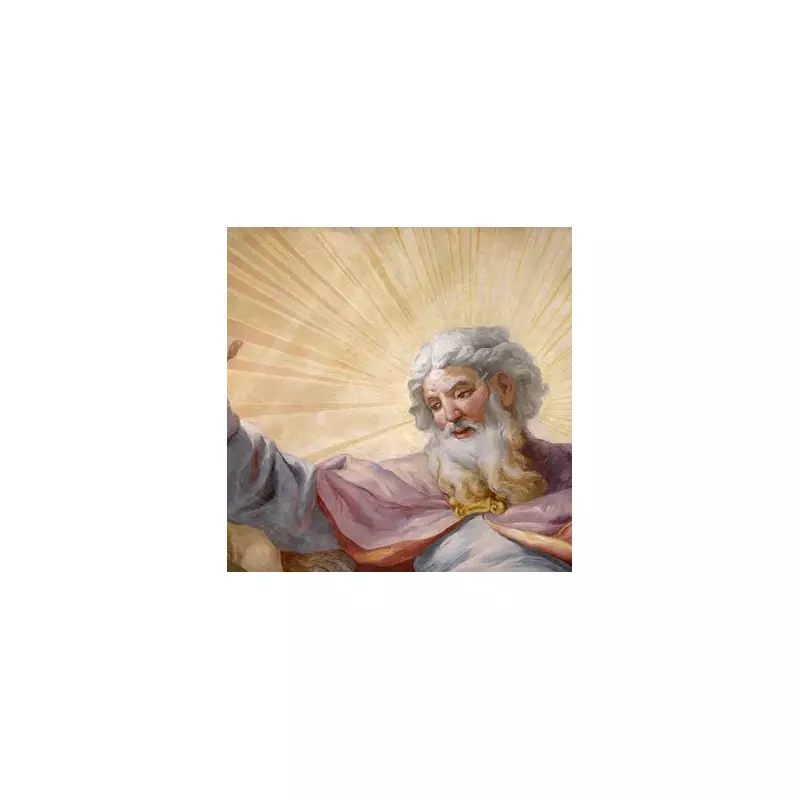
In a development that's sending shockwaves through academic circles, an Oxford University researcher has published what he claims is irrefutable mathematical evidence for the existence of God.
Dr Alex Andrews, a scientist at the prestigious university, has employed formal logic and mathematical principles to construct what he describes as a definitive proof that challenges fundamental atheistic assumptions.
The Groundbreaking Argument
Dr Andrews's paper, which has ignited fierce debate within philosophical and scientific communities, approaches the age-old question of divine existence through rigorous logical framework. His work specifically targets what he identifies as a critical flaw in atheistic reasoning.
"The proof demonstrates that certain fundamental aspects of reality cannot be adequately explained without acknowledging a supreme, intelligent creator," Dr Andrews stated regarding his controversial findings.
Academic Community Reacts
The scientific paper has generated polarised responses from experts across multiple disciplines. While some academics have praised the work for its intellectual rigour and innovative approach, others have dismissed it as philosophical speculation disguised as mathematical proof.
Critics argue that the study ventures beyond the boundaries of empirical science, while supporters maintain that it represents a legitimate intersection of mathematics, philosophy, and theology.
Broader Implications
This development comes at a time when the relationship between science and religion remains deeply contested. Dr Andrews's work challenges the prevailing materialistic worldview dominant in many scientific institutions and could potentially reshape ongoing dialogues about faith and reason.
The paper has sparked discussions beyond academic circles, reaching mainstream audiences intrigued by the possibility of scientific validation for spiritual beliefs.
As the debate continues to unfold, this controversial proof promises to maintain its position at the centre of discussions about science, philosophy, and the ultimate nature of reality for the foreseeable future.





